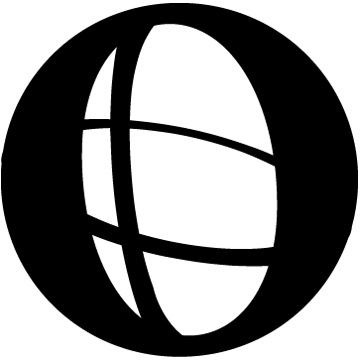The world has witnessed a series of dramatic events unfold over the past week. From South Korea’s declaration of martial law to the collapse of the French government, here is a summary of some recent developments shaping global politics.
Dec. 2: President Biden pardons his son
On December 2, President Joe Biden issued a full pardon for his son Hunter Biden, reversing his earlier stance against granting leniency. The decision came ahead of Hunter’s scheduled sentencing for federal gun and tax charges. Biden justified it as a response to “selective prosecution” driven by political motives. The move is controversial, with Republicans accusing Biden of using his executive power to shield his son from justice.
Dec. 3: South Korean President Yoon Suk Yeol declares martial law
Just one day later, South Korean President Yoon Suk Yeol narrowly avoided impeachment after declaring martial law, an action drawing comparisons to the country’s past military-backed dictatorships. Though the National Assembly failed to pass an impeachment motion, Yoon’s position remains precarious.
There have been ongoing nationwide protests and the possibility of another motion when parliament reconvenes. Opposition parties accuse Yoon of abusing his powers for deploying the military without meeting constitutional criteria for martial law. His approval ratings have suffered due to corruption allegations, exacerbating tensions with parliament and the public.
Dec. 4: UnitedHealthcare CEO Brian Thompson is assassinated
On December 4, UnitedHealthcare CEO Brian Thompson was shot and killed in a targeted attack outside the Hilton Midtown hotel in Manhattan. Police tracked and arrested the suspect, Luigi Mangione, five days later. Mangione, a graduate of the University of Pennsylvania, had expressed anger at corporate greed and health insurance companies in social media posts. He currently faces multiple charges, including murder, and is being held in Pennsylvania.
Dec. 4 and Nov. 7: French and German governments collapse
France and Germany boast the biggest economies in continental Europe. Their governments have collapsed within weeks of each other. The French government collapsed after Prime Minister Barnier was ousted in a no-confidence vote on December 4 after he used special powers to force a controversial budget. The vote marks the first collapse since 1962. Barnier is obligated to resign while serving as caretaker until President Macron appoints a successor.
Back in November, Germany saw its governing coalition collapse after Chancellor Scholz dismissed Finance Minister Lindner. This resulted in Lindner’s Free Democrats Party—a centrist party advocating for individualism, capitalism, and social reform—withdrawing. Scholz now leads a minority government amid tensions over economic policy. A confidence vote is planned in January, and if lost, could trigger early elections.
Dec. 8: Assad regime falls in Syria after rebels claim victory
After 13 years of civil war, Syria’s President Bashar al-Assad fled the country as rebel forces overtook key cities on December 8. This marks the end of his family’s 50-year rule. Thousands of Syrians are rejoicing and returning home while searching for loved ones freed from Assad’s political prisons. However, the country faces uncertainty—the rebels are led by a group labeled as a terrorist organization by the U.S.



































